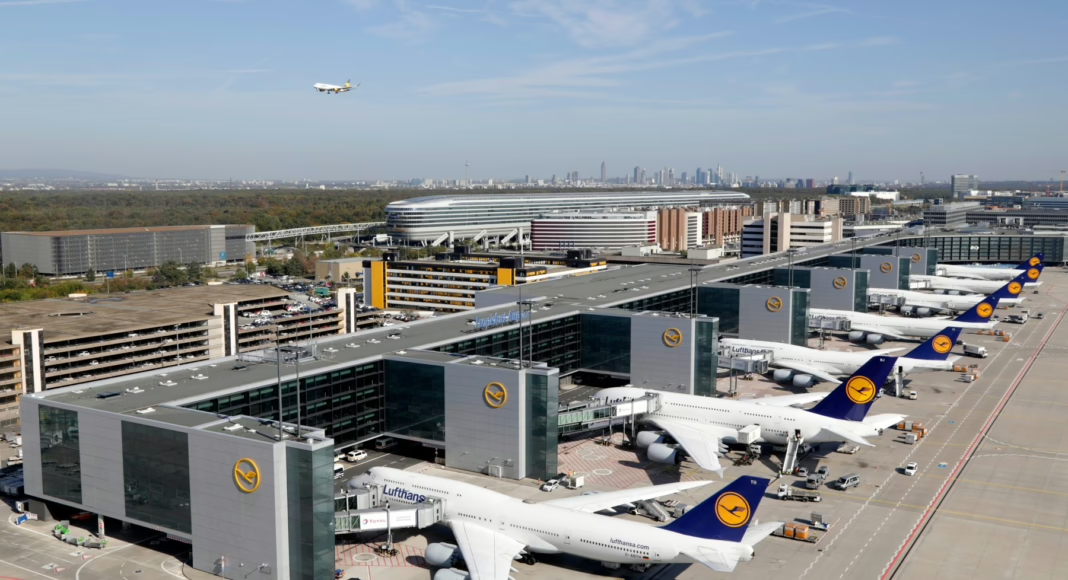Point-to-point carriers reduce German-based fleets by 30% since 2019, citing high government-imposed costs
German aviation officials are urging the federal government to slash passenger taxes after airlines withdrew significant numbers of aircraft from the country, citing high operational costs that have stalled the industry’s pandemic recovery.
The German aviation association BDL said European point-to-point carriers have reduced their German-based fleets by 30% since 2019, dropping from 190 aircraft to 130 over the six-year period. The association claims airlines are “avoiding” Germany due to government-imposed financial burdens.
“We are seeing the consequences at almost every airport in Germany,” said Jens Bischof, BDL president. “Airlines are withdrawing their aircraft and deploying them in other European countries with competitive cost levels.”
The fleet reduction has hit major German airports hard. Frankfurt airport recorded 61.6 million passengers last year, down 12.7% from 2019 levels, while Munich handled 41.6 million passengers, representing a 13.1% decline from pre-pandemic figures.
Fraport, Frankfurt airport’s operator, attributed the weakened recovery to “high state-regulated site costs…namely, air traffic tax.”
BDL said each aircraft stationed in Germany equates to a medium-sized company, representing approximately 170 jobs and 70 million euros in gross domestic product contribution. The association argues the fleet relocations represent both lost connectivity and economic depletion.
The industry group reported that recovery “virtually came to a standstill” during the first half of this year due to “excessive” costs, while air traffic in other European countries averaged “significantly” above pre-pandemic levels.
Data from BDL shows annual flights between Germany and other European countries totaled around 1.1 million, marking a 20% decline from pre-pandemic levels. Domestic traffic performed even worse, reaching just under half of 2019 figures, including feeder flights to Frankfurt and Munich hubs.
Bischof insisted the passenger tax of approximately 35 euros ($41) “must” be halved to ease the financial burden on airlines.
“In view of this alarming development, it is essential that the federal government prioritises the crisis facing Germany as a location for air transport,” Bischof said.
The BDL president warned that government inaction could have lasting economic consequences. “By deciding against urgently-needed relief…the German federal government would be squandering an important opportunity for new economic growth,” he added.
The ongoing challenges highlight Germany’s struggle to restore its aviation sector to pre-pandemic strength amid mounting competitive pressure from neighboring countries with lower operating costs.

Key Takeaways
- European point-to-point carriers have reduced German-based aircraft fleets by 30% since 2019, from 190 to 130 planes.
- Major German airports lag behind pre-pandemic levels, with Frankfurt down 12.7% and Munich down 13.1% in passenger traffic.
- Industry officials blame high government-imposed costs, particularly a 35-euro passenger tax, for airlines avoiding Germany.
- Recovery stalled in the first half of this year while other European countries significantly exceeded pre-pandemic air traffic levels.
- The aviation association demands halving the passenger tax to restore Germany’s competitiveness in European aviation markets.



